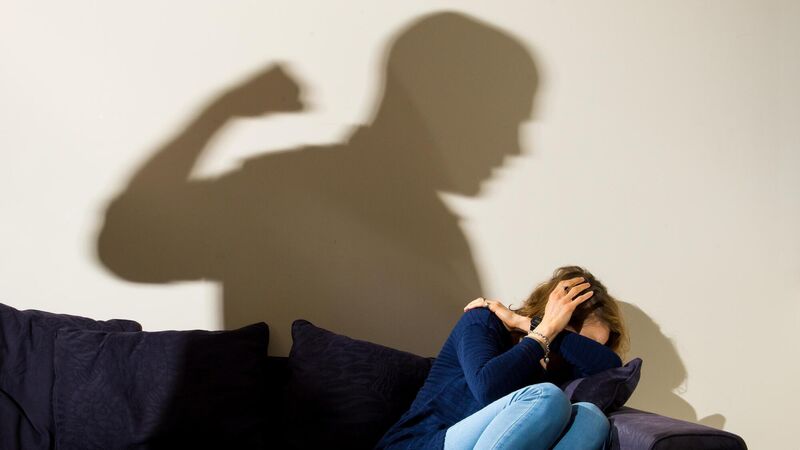More children would be taken into care if not for domestic violence shelters

Covid-19 and the various lockdowns had 'shone a brighter light on domestic violence'. File picture
More children would have been taken into care were it not for the role of domestic violence shelters over the course of the pandemic, according to a solicitor who is now providing training to managers of refuges on the mandated reporting of cases in which children may be at risk.
The comments were made by Sonya Bruen, a former social worker and now a solicitor with legal firm Mason, Hayes and Curran, which acts for Tusla in some child care proceedings.













